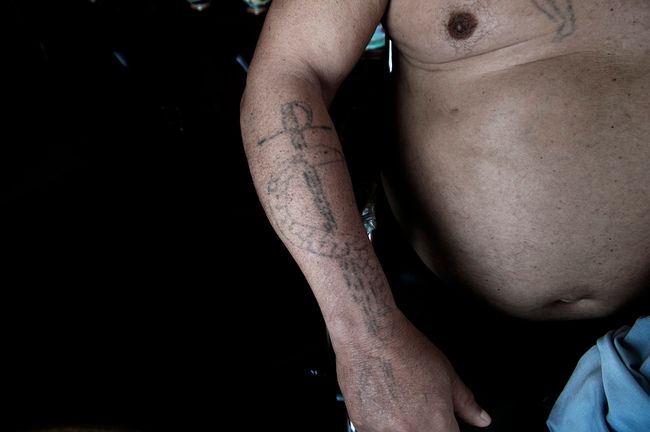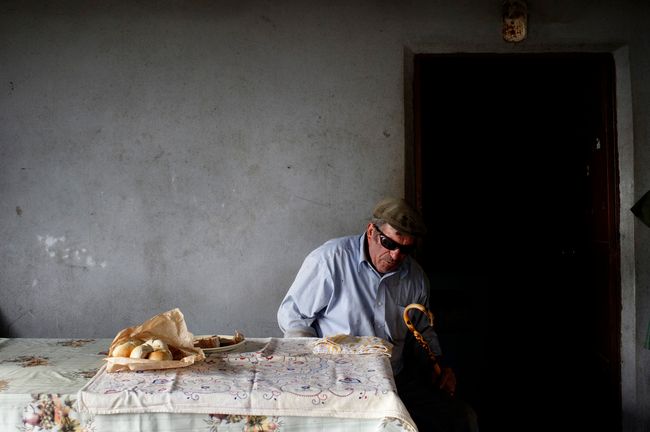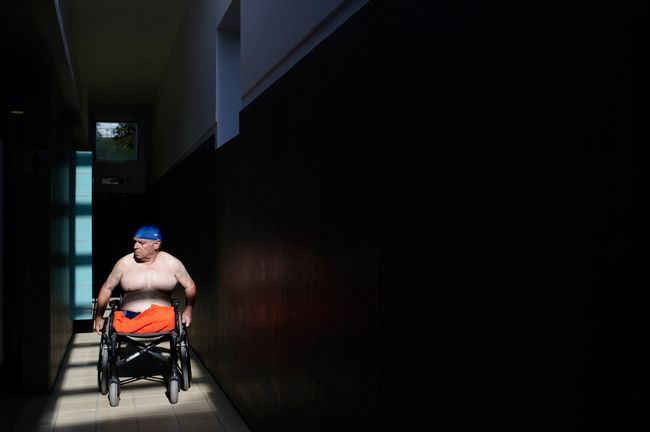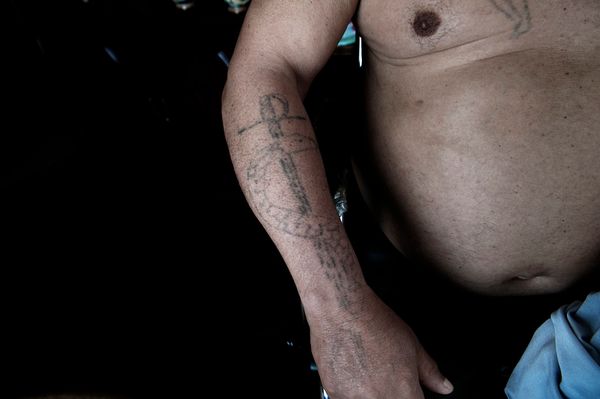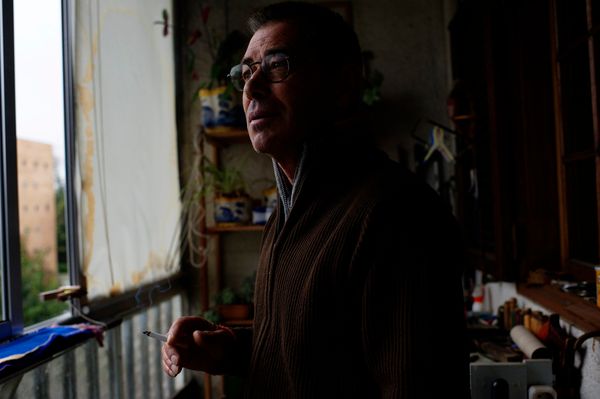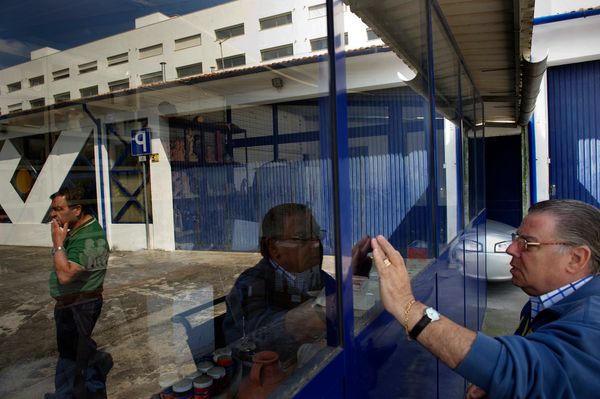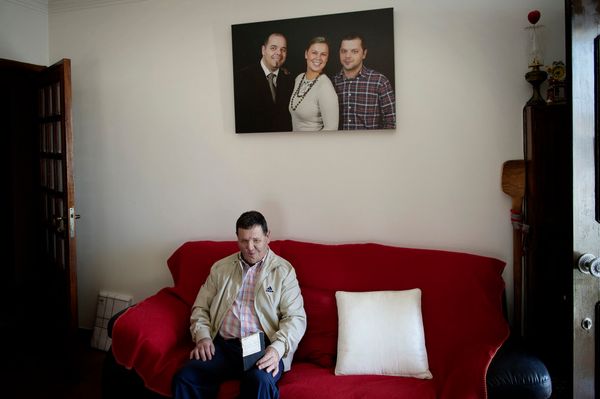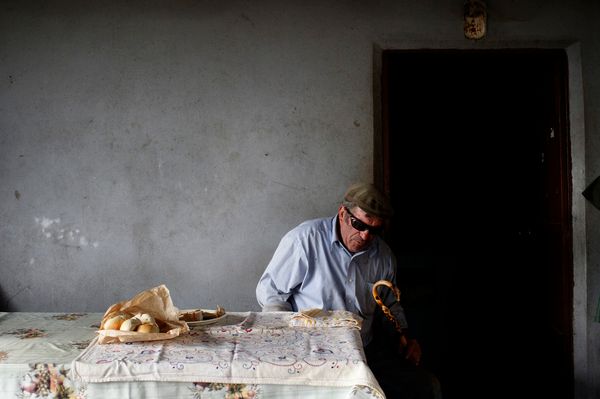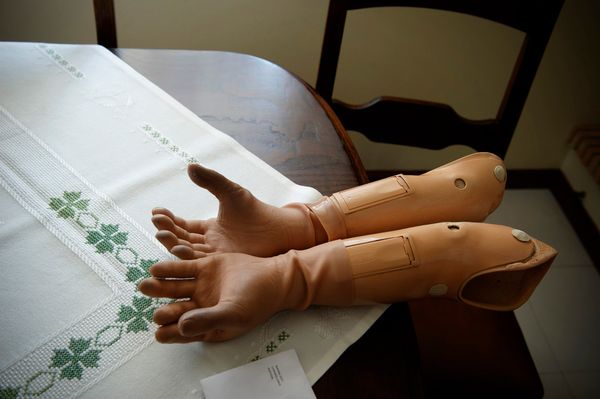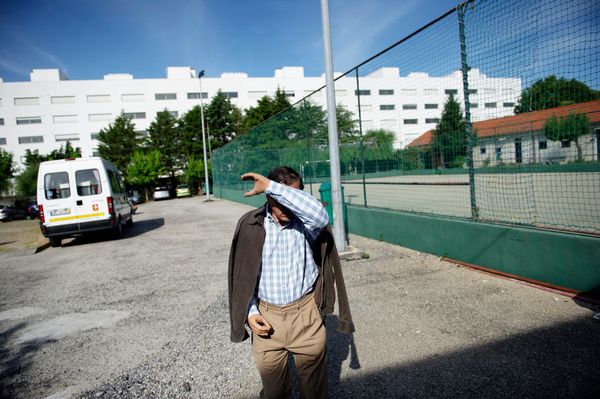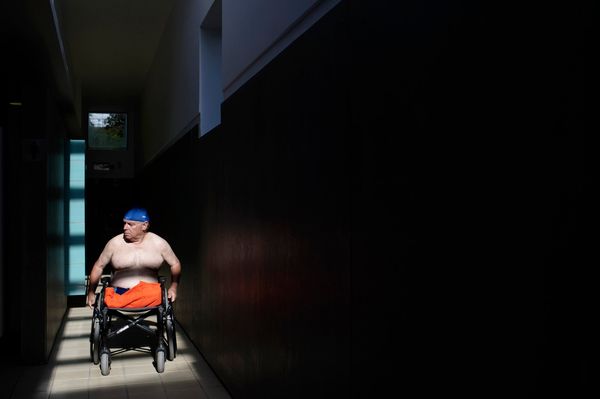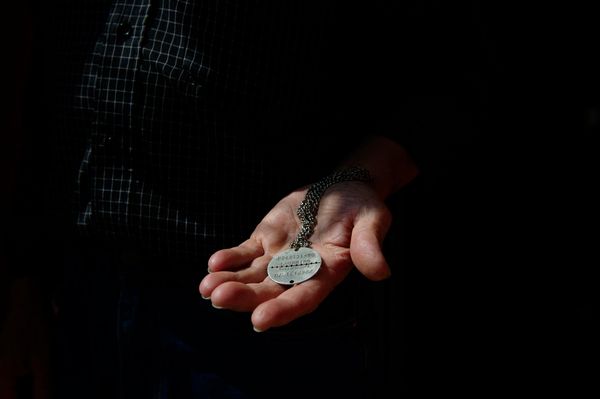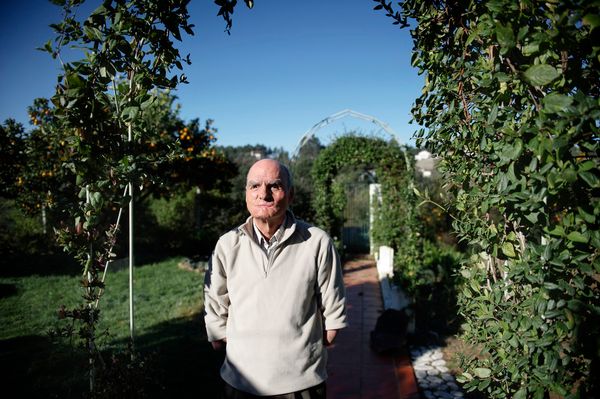Forgotten Soldiers
-
Dates2011 - 2013
-
Author
The 1961 Portugal, leathered by the dictator Salazar, started a war in one of his colony, Angola.
Soon problems emerge also in the others African Colonies, Guiné Bissau and Mozambique, and the war was quickly expanded on three fronts.
This bloody war, that was going to be named Portuguese Colonial War, ended only in the 1974 when the Portuguese regimen full down.
While in the rest of Europe the youth was fighting for their rights and for a new society, in Portugal an entire generation of men between 18 and 30 years old was receiving a mandatory call to go to the war.
During the postcolonial war, in the three fronts (Angola, Mozambique and Guiné Bissau) the number of men sent was 149 thousand (the Portugal population is 10 millions including elders, women and children); 8289 died on the fields and 15507 report injuries; in these statistics are not counted all the ones that later suffered of PTSD.
For the ones injured the worst still has had to come. In fact back to Portugal the regimen first and the Portuguese govern after the 1974 didn’t wanted to show to the population the effect of the war. The injured was hidden and segregated in military hospitals where only few people was able to access and also after they was dismissed several fundamental rights wasn’t recognized. The Portuguese Govern recognized the PTSD as disease only in 1999, 25 years after the end of the war.
The Portuguese veterans represent the long-term effect of the war. Forgot by the society, hidden by the authority their physical and psychological trauma became every year more acute. A big percentage of wounded didn’t receive the proper prosthesis or an education to get integrated in the society, the veterans started to receive psychological support only some years ago, meanwhile there are still people that suffer of the Phantom limb or others that when hear the sound of a chopper or of fire works lay on the ground demonstrating a advanced PTSD.
